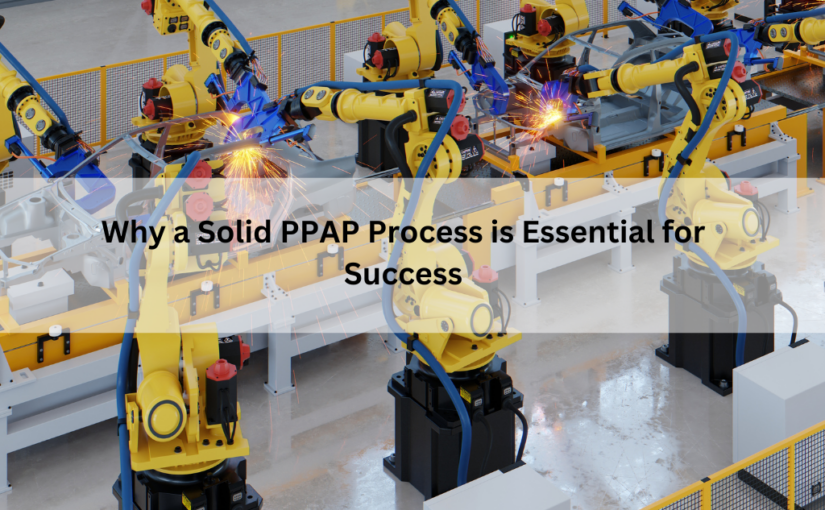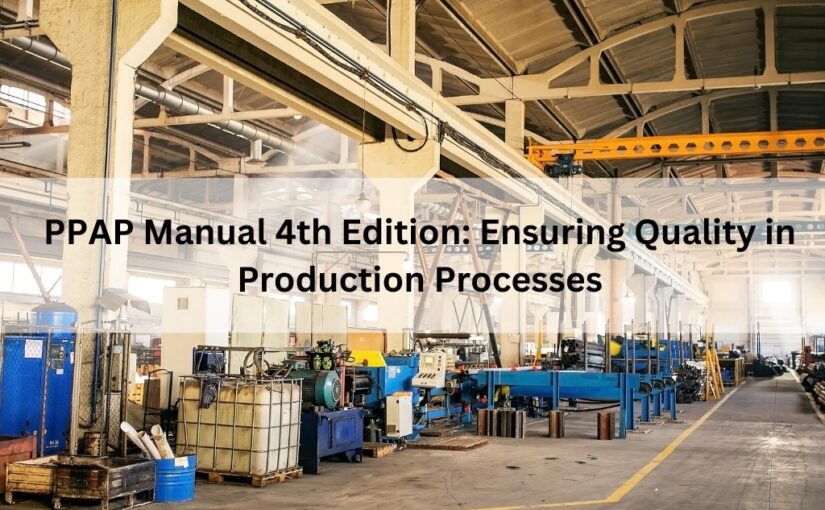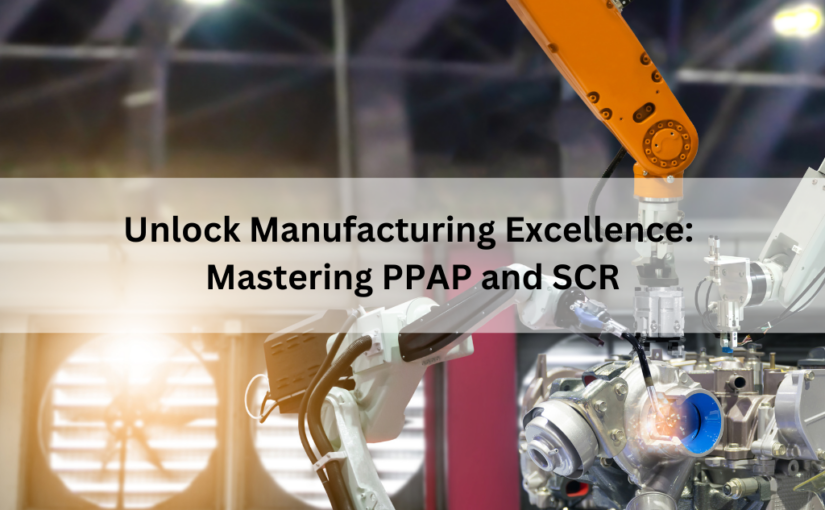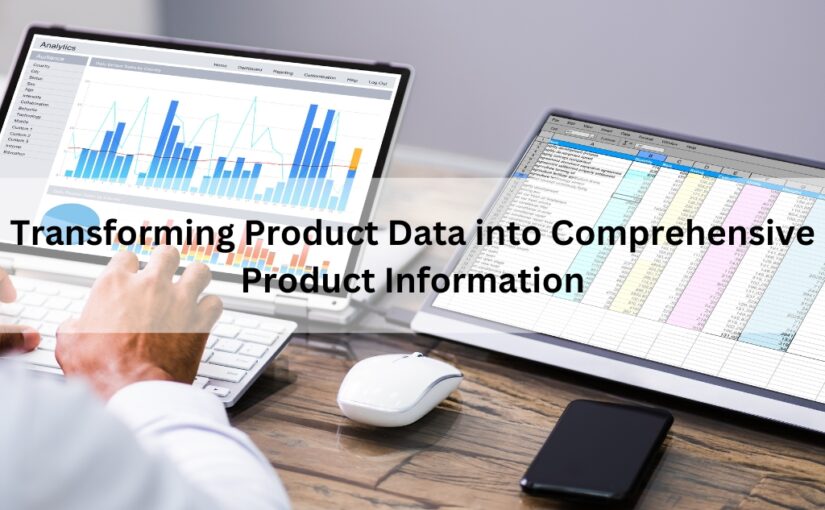Enhance PPAP with Advanced Product Quality Planning (APQP)
Understanding the needs, requirements and expectations of the customer is what Advanced Products Quality Planning (APQP) is all about. APQP helps in mitigating the risk involved in the product manufacturing and quality improvisation of the product hence making way for efficient and profitable business.
In the 1980s automotive giants such as General Motors (GM), Chrysler and Ford majorly implemented APQP. After realizing the benefits of APQP in their organizations they came together to form a common platform and standardized the entire APQP process in supply chain.
What is APQP?
The complexity involved in building an automotive product increases the occurrence of errors in the manufacturing process. Taking manufacturing of vehicle as an example – producing a vehicle includes thousands of parts; way from small screws to big frames. Each of these parts may not have been built by single manufacturer. In order to ensure the quality throughout the supply chain there should be a well-built monitoring methodology and APQP is such methodology, which facilitates the minimization of errors.
APQP is a set of procedures that documents the capability, reliability & repeatability of the process throughout the risk assessment.
APQP along with PPAP, FMEA, MSA and SPC forms five core tools, which ensures the streamlined quality management system throughout the IATF 16949 adhering industries.
When is APQP necessary?
APQP is required to develop/introduce a new product when the OEM and its suppliers are working together. APQP can be used while modifying the product or process changes after release.
What is the purpose of APQP?
- To provide guideline designed to produce a product quality plan
- Supports development of a product that satisfies requirements of the customer
- Reduction of complexity of product development planning
- Easy communication of product quality planning requirements to suppliers
The Cross Functional Team (CFT) takes care of APQP process implementation in any organization. APQP usually consists of members from Engineering, Product Development, Operation, Purchasing, Marketing and other functions with a team lead.
Benefits of APQP
- Better quality product through collaboration
- Catch risks earlier in the lifecycle to minimize delays
- Consistent production runs with better lead times
- Validation ensures product conformity across multiple suppliers
- Suppliers are given better direction and expectations before cutting metal










